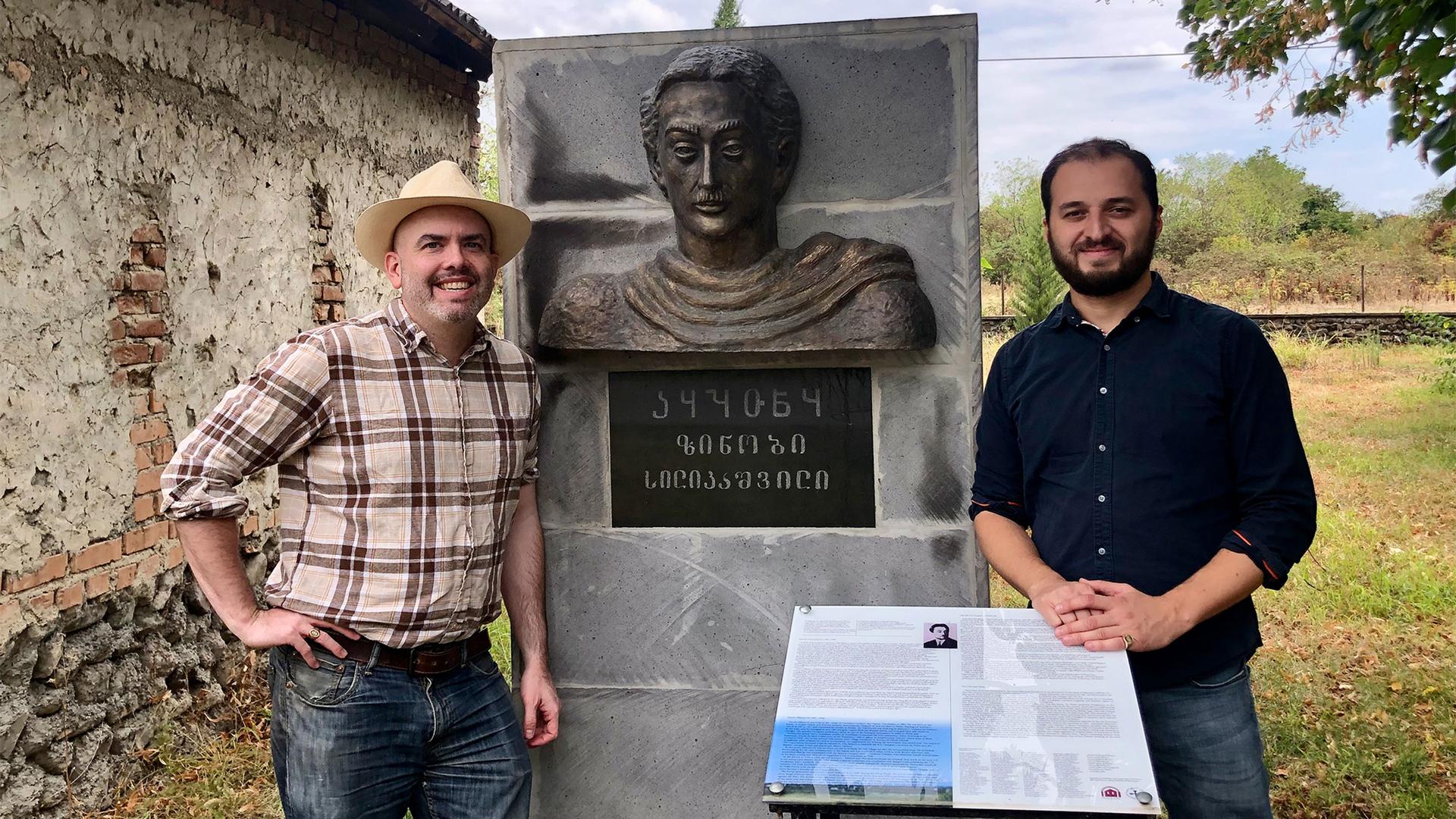Patrick Cox
Language Editor
The World in WordsPatrick Cox is The World's language editor and host of the podcast The World in Words.
At The World, I switch between editing and reporting, broadcasting and podcasting, in-depth series and tweeting. Words connect what I do. On a good day they are intelligible.Since 2008, I have been running The World's language desk and hosting a podcast called The World in Words. Before that, I reported on politics and culture, contributing to series on global obesity, the mental scars of Hiroshima and others.London is my home town, Cambridge, MA, my adopted hometown. I have also lived in Alaska, California, Denmark and Moldova. Because of my job, I am sometimes mistakenly taken to be some kind of linguistic expert— by people who have not been exposed to my spelling or grammar. Despite that, I speak reasonable Danish, poor Chinese and atrocious French. I can read menus and follow soccer commentary in a few other languages.Follow Patrick Cox on Twitter. The World in Words podcast is on Facebook and iTunes.
Why are some sounds funny?
To English speakers, the word, “peanut” isn’t especially funny. But “peanut” in Serbian, “kikiriki” is widely considered by Serbs to be the funniest word in their language. This raises the question of why people laugh at some words (“poop”) but not at others (“treadmill”). Does it come down to their meanings? Or are people responding to their sounds? Psycholinguist Chris Westbury set out to discover the answer.
Radio Haiti finds a new home with a trilingual archive at Duke University
Radio Haiti was shut down shortly after journalist Jean Dominique’s assassination in 2000. Now, a trove of audio material has found new life with an archival collection at Duke University available in French, Haitian Creole and English.


